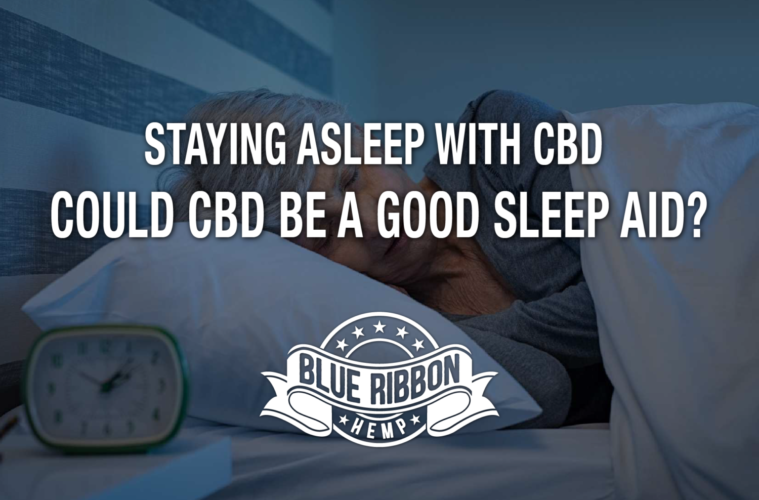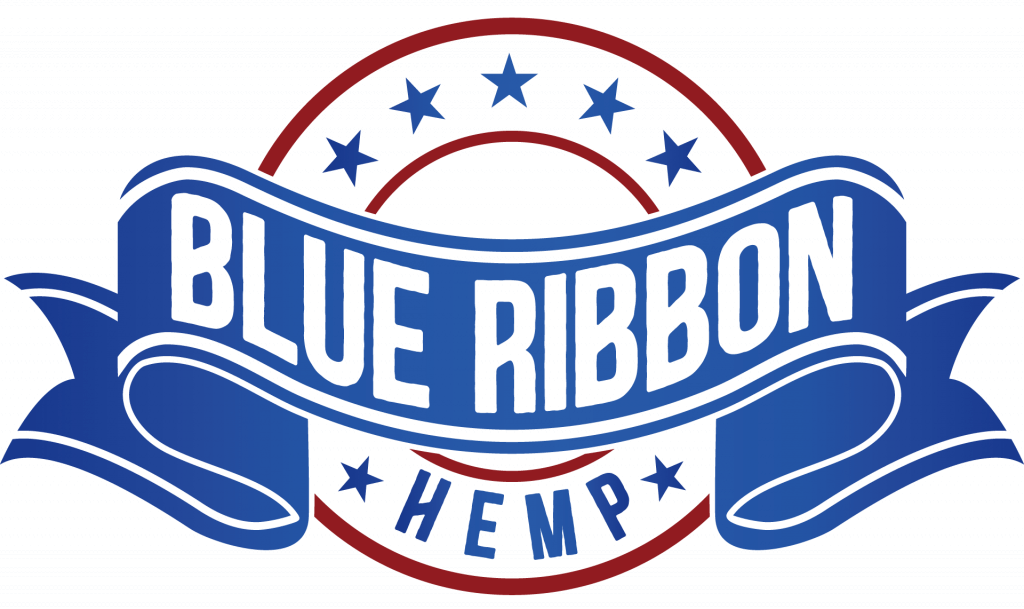This article was originally published on Blue Ribbon Hemp. To view the original article, click here.
Honestly, who could say they get a good night’s sleep nowadays? With all the craziness going on in contemporary life, it’s a miracle any of us could get decent shut-eye. The hectic pace of life seems to be driving more Americans on a quest for all-natural sleep supplements.
Although melatonin sales are at all-time highs, there are concerns with using this sleep hormone long-term. CBD, by contrast, appears to be a safer alternative for people who need help with insomnia. But just how does CBD work on our body’s sleep-wake cycle?
How Good Is CBD As A Natural Sleep Aid?
There’s considerable debate over whether CBD is a natural sleep aid in the hemp community. Some studies suggest CBD positively affects circadian rhythm, but others contend CBD has no inherent sedative properties.
While it’s unknown whether CBD directly influences sleep, there’s little doubt this cannabinoid has anti-stress properties. Placebo-controlled studies out of Japan and Brazil clearly show CBD has a positive effect on patients with social anxiety disorder. There’s also preliminary data that CBD could help reduce PTSD-related nightmares.
Since CBD has such strong anti-stress potential, it qualifies as a “sleep aid” in most experts’ books. Although we don’t yet know if CBD is a sedative compound, its stress-relieving properties make it a valuable supplement for unwinding before bed.
Side Note: Could CBD Keep Seniors From Waking Up To Pee?
Although nighttime bladder issues are an embarrassing topic, it’s common for seniors to rush to the bathroom once or twice every night. In fact, there’s even a name for this condition: “nocturia.”
Surveys published on the Sleep Foundation’s website also claim about 69 percent of men and 79 percent of women over 40 wake up to pee once per night. Not only is this symptom annoying, but it can also significantly impact a patient’s sleep quality.
Interestingly, a few recent studies suggest CBD may help with nocturia. In a trial out of Naples, Italian researchers studied whether a THC/CBD medication could reduce overactive bladder symptoms in a group of MS patients. Impressively, most of the patients involved in this trial reported great success after four weeks of treatment.
Unfortunately, it’s unclear how much the CBD component of this medication affected each patient’s symptoms. Also, there’s still no clinical trial evaluating CBD specifically for nocturia. However, if nocturia disrupts your sleep every night, it’s worth giving CBD a try.
So, Is CBD The Insomnia Treatment Of The Future?
It’s debatable whether CBD has sedative properties, but most medical authorities believe it plays a positive role in sleep health. At the very least, CBD’s anti-anxiety properties help decrease stress before bed. Since psychological stress is a significant cause for sleep disturbance, CBD’s soothing properties could be reason enough to try it before bedtime.
Please remember all of Blue Ribbon Hemp’s CBD oils have zero THC, so there’s no need to fear getting “high” before drifting to sleep. For the best results, we’d recommend looking into Blue Ribbon Hemp’s Max CBD Oil. This high-potency CBD tincture has the most significant stress-relieving effects, which should make it easy to relax before bed.
Advertising disclosure: We may receive compensation for some of the links in our stories. Thank you for supporting Irvine Weekly and our advertisers.


